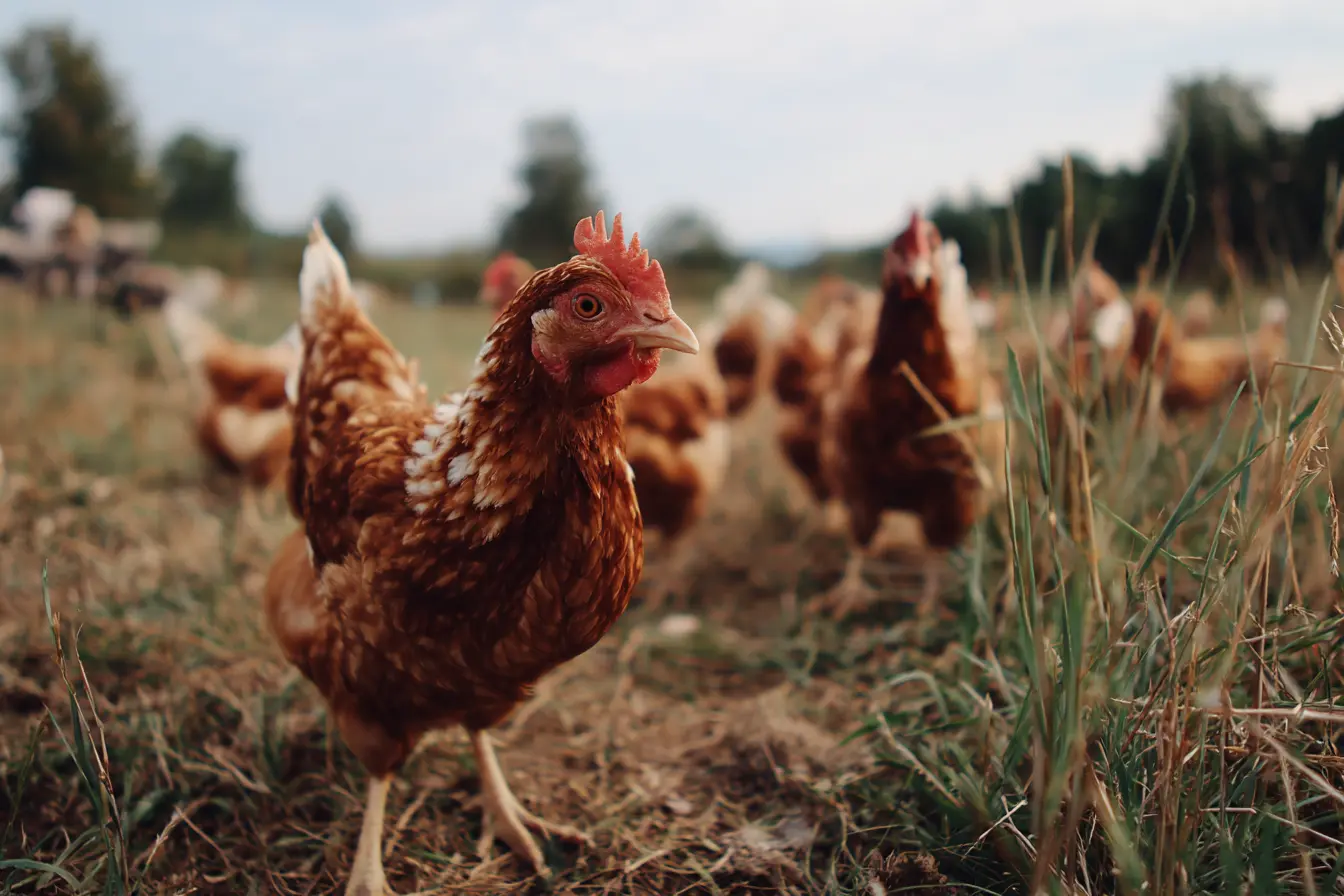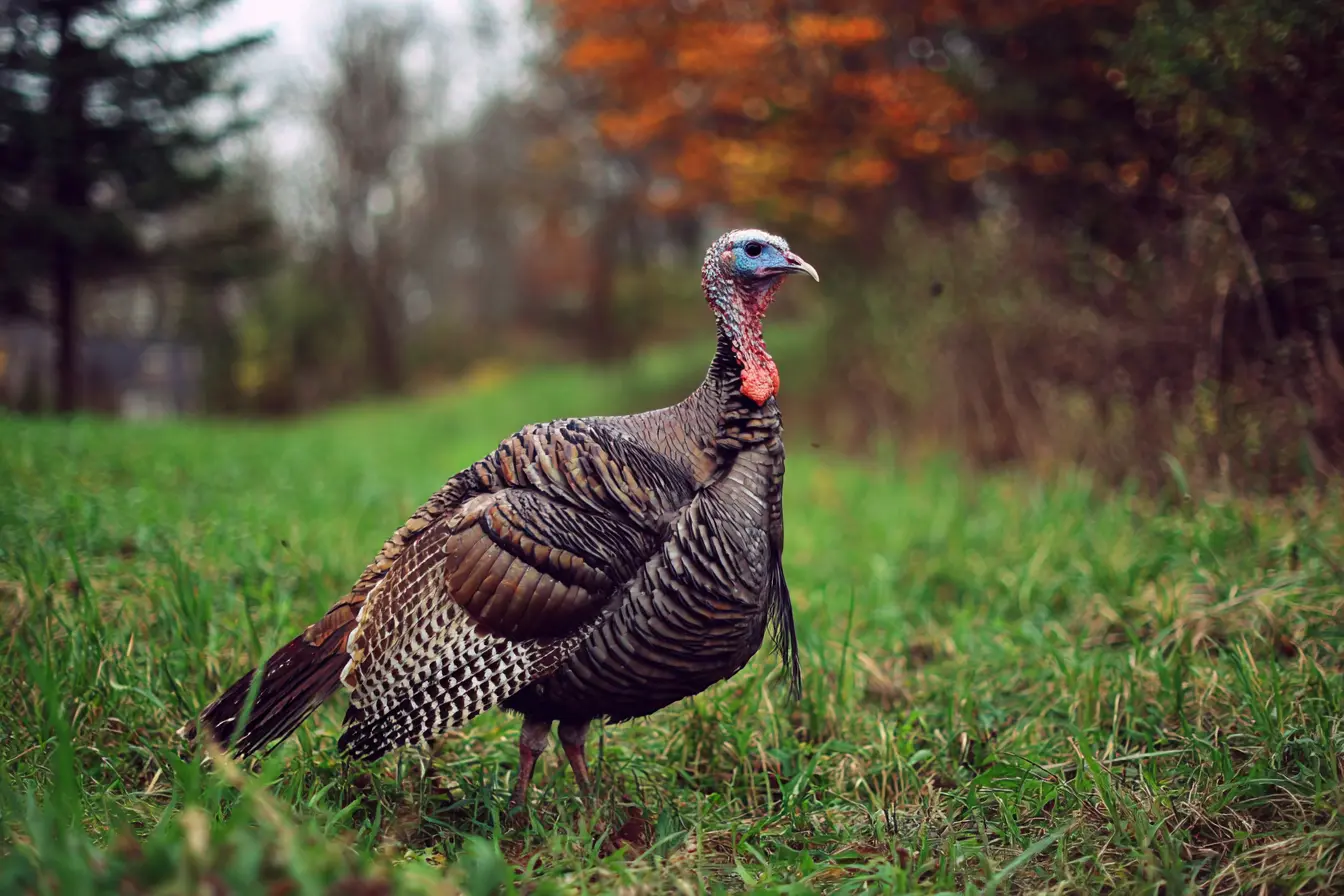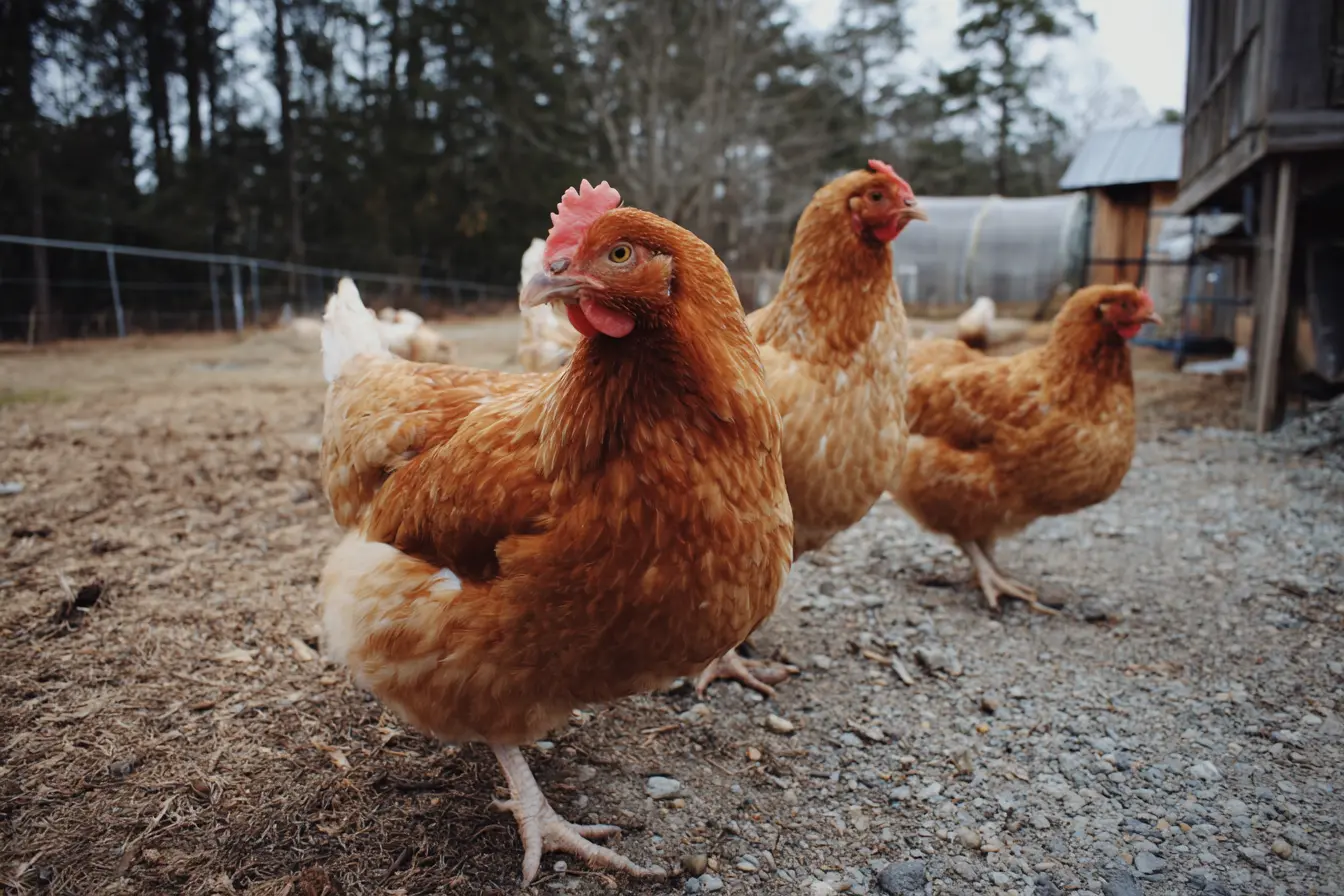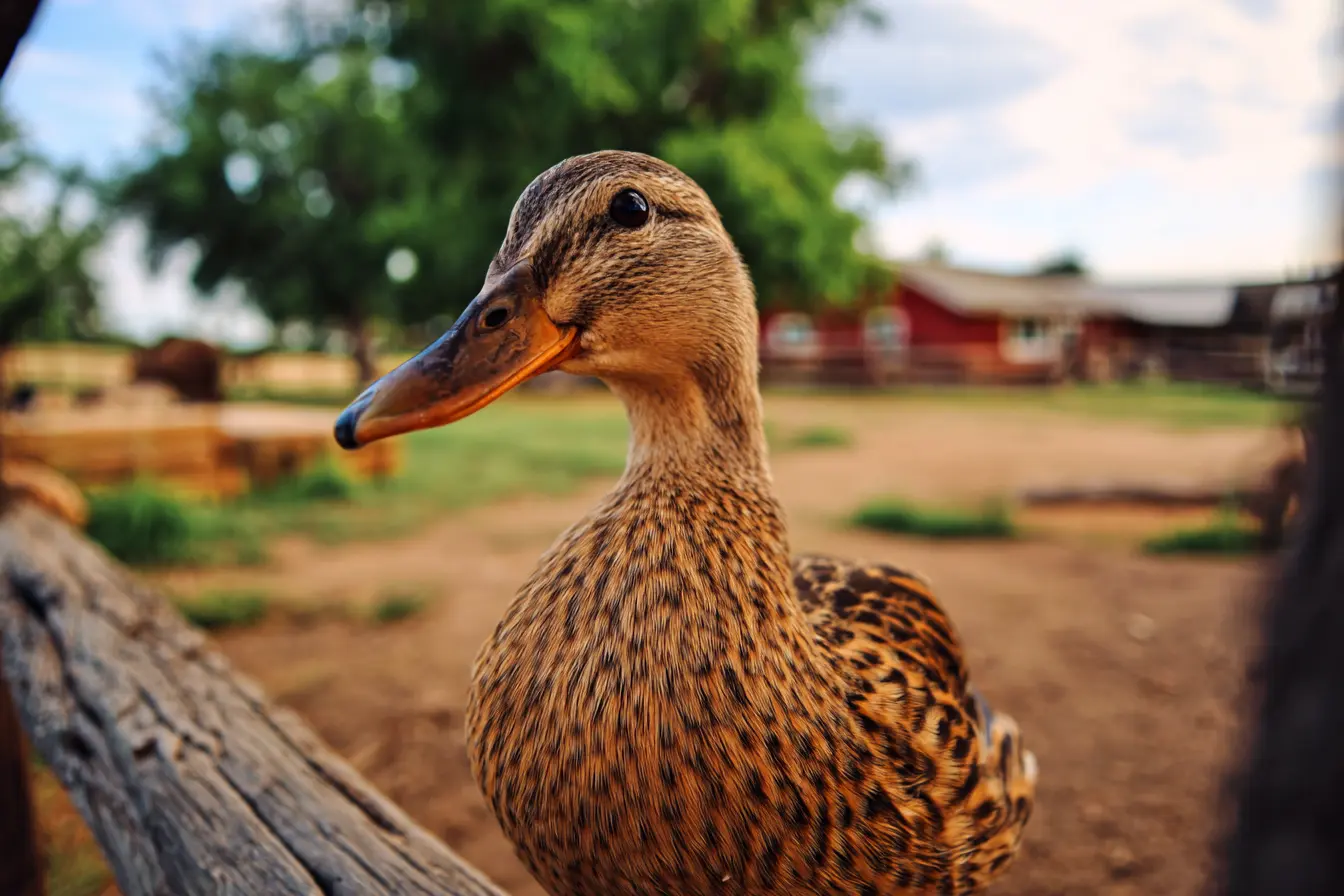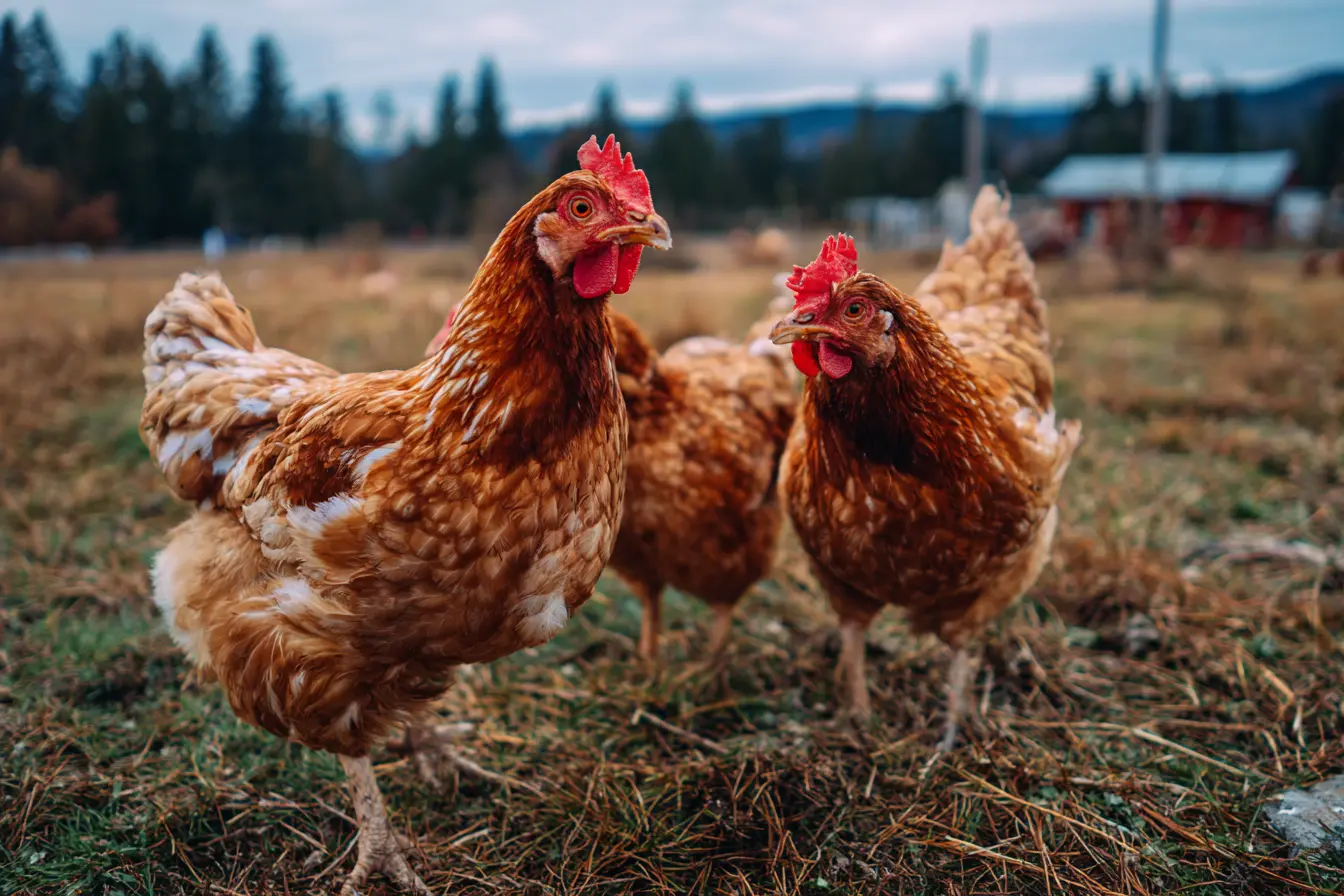
How to Safely Allow Your Chickens to Free Range
Letting your chickens free range can be one of the most rewarding aspects of keeping a flock. It allows them to engage in natural behaviours, access fresh forage, and enjoy a more stimulating environment. However, free ranging also comes with risks—from predators to plant poisoning. This guide will help you provide your hens with safe and supervised freedom.
What Is Free Ranging?
Free ranging means allowing your chickens access to outdoor space beyond their fixed run. This could be a fenced garden, a secure orchard, or even an open paddock. Birds can scratch, dust bathe, forage for insects and greenery, and stretch their wings.
Free ranging can be full-time, part-time, or seasonal, depending on your space, flock needs, and safety concerns.
Benefits of Free Ranging
- Improved Welfare: Chickens express natural behaviours like scratching, pecking, and dust bathing.
- Healthier Eggs: Birds with access to fresh greens and insects often lay more nutritious eggs.
- Pest Control: Chickens will help reduce bugs like slugs, beetles, and ticks.
- Mental Stimulation: A varied environment reduces boredom and associated behaviours like feather pecking.
Key Considerations Before Free Ranging
Secure Perimeter
If your garden isn’t enclosed, consider fencing the area or using poultry netting to keep chickens in and predators out. Electric fencing is an effective option in areas with high predator risk.
Predator Awareness
In the UK, the most common predators are foxes, dogs, birds of prey, and occasionally badgers.
Tips:
- Avoid free ranging during dawn and dusk—peak times for fox activity.
- Use motion-activated lights or deterrents near roosting areas.
- Consider a guard animal (like a dog or goose) in rural settings.
Supervision
Especially at the beginning, supervise your flock during free range sessions. This helps:
- Monitor flock behaviour and prevent straying.
- Deter predators with your presence.
- Observe any issues like bullying or illness.
Time of Day
Allowing access during the afternoon encourages hens to return to the coop naturally by dusk. This reduces the risk of birds hiding or roosting in unsafe spots overnight.
Returning to the Coop
Chickens usually return to their coop at sunset if it is their primary shelter. Make sure it’s clean, dry, and has fresh food and water to encourage this routine. You may use treats or scratch grain to lure them back early if needed.
Managing the Environment
Safe Plants
Ensure the foraging area doesn’t contain toxic plants like foxglove, yew, buttercup, or rhododendron. Chickens tend to avoid most harmful plants, but young or curious birds may peck at unfamiliar foliage.
Garden Damage
Be aware that chickens will scratch up flowerbeds, eat young shoots, and dust bathe in loose soil. You may want to protect vegetable beds or ornamental plants with mesh or low fencing.
Biosecurity
Avoid free ranging in areas accessed by wild birds, particularly during avian influenza outbreaks. Stay informed through DEFRA and local government updates.
Alternatives to Full Free Ranging
If full free ranging isn’t safe or practical, consider:
- Rotational Grazing Pens: Mobile runs or chicken tractors allow safe access to fresh ground.
- Supervised Range Time: Let them out for short periods when you’re available to watch.
- Fenced Zones: Designated areas where chickens can roam while sensitive areas are protected.
Conclusion
Free ranging can greatly enhance your chickens’ quality of life when done safely. By understanding the risks and taking sensible precautions, you can enjoy the benefits of a happy, healthy, and active flock. As with all aspects of chicken keeping, careful observation and a bit of forward planning go a long way.
Vets near you
Speciality vets
- Aquatics vet specialists
- Birds vet specialists
- Camelids vet specialists
- Cats vet specialists
- Cattle vet specialists
- Deer vet specialists
- Dogs vet specialists
- Equines vet specialists
- Exotic vet specialists
- Goats vet specialists
- Pigs vet specialists
- Poultry vet specialists
- Sheep vet specialists
- Small Mammals vet specialists
- Wild vet specialists
Vet facilities
- Accessible by public transport
- Blood testing
- Car park nearby
- Client car park
- Dentistry
- Diagnostic imaging
- Disabled public access
- Flea and worm treatments
- Microchipping
- Mobile services
- Neutering
- Open at weekends
- Out-of-hours service
- Referral interests
- Referrals only
- Street parking outside
- Toilets available
- Vaccinations
